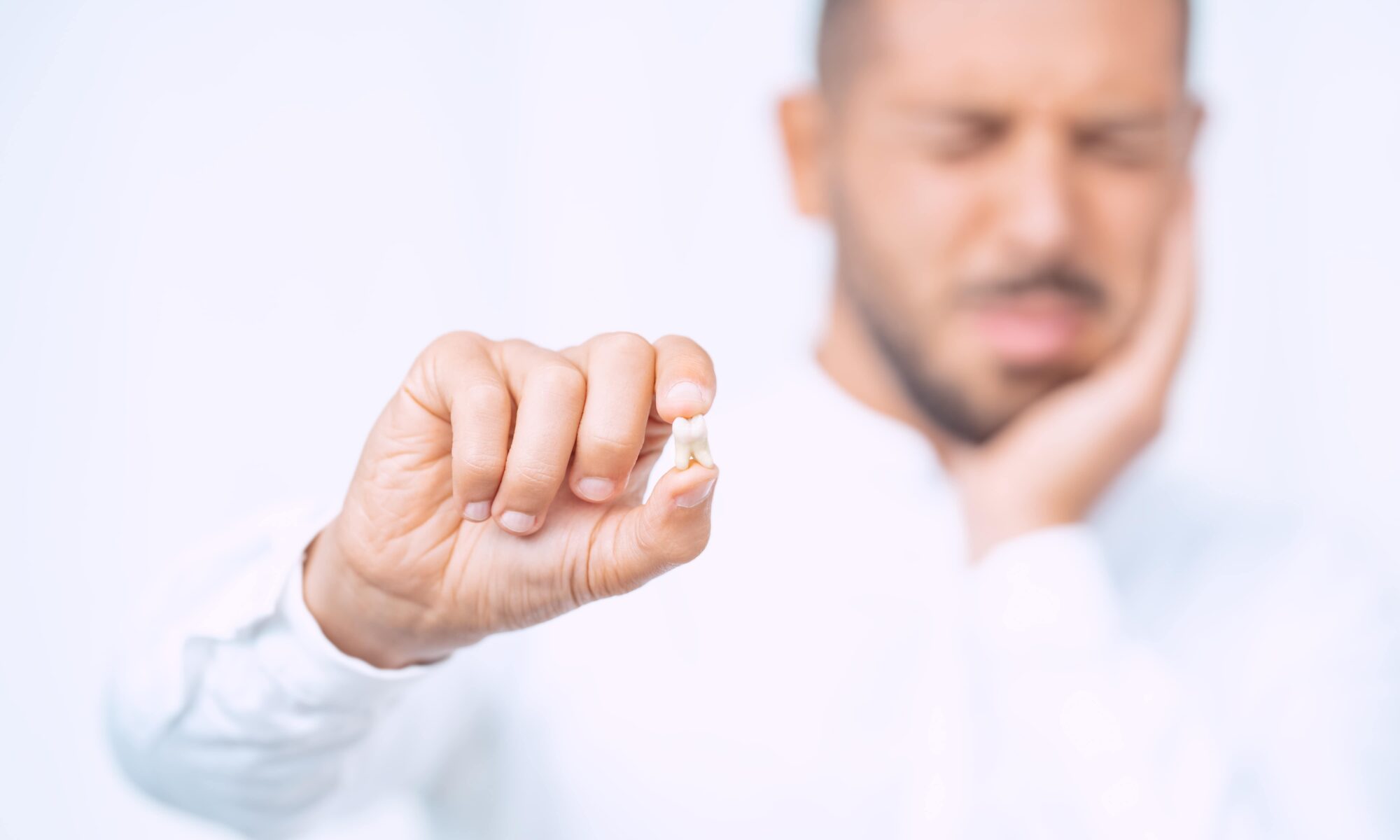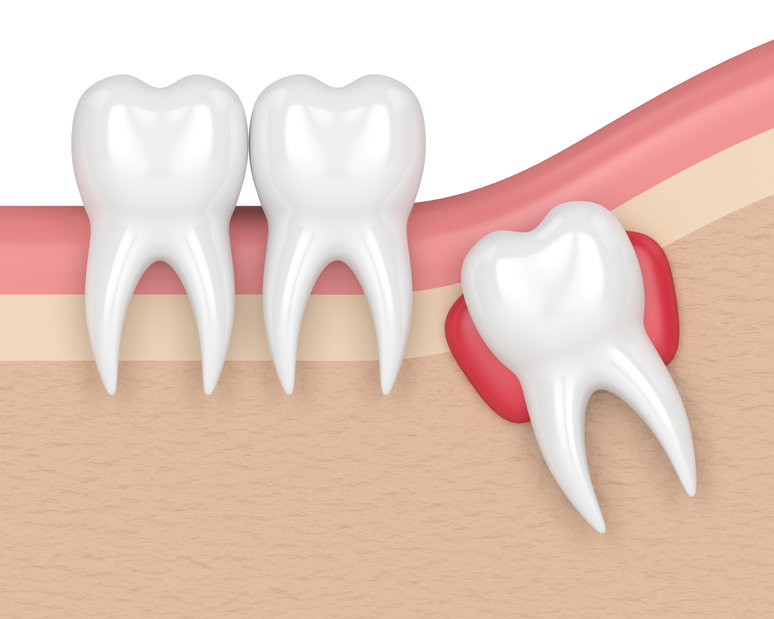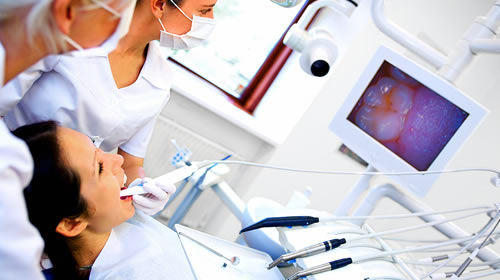Wisdom Tooth Removal Cost in Australia: Full Breakdown by Type of Extraction
Wisdom tooth removal cost in Australia can vary significantly depending on how complex the extraction is. On average, you can expect to pay anywhere from $200 to $600 per tooth for simple extractions and up to $2,500 or more for surgical extractions done under sedation in a hospital setting.
This blog explains what influences the price of wisdom tooth removal, compares simple and complex extractions, and outlines the costs for different settings such as general dental clinics, specialist oral surgeons, and hospital-based procedures. Whether you’re budgeting for treatment or comparing options, this is your full guide to wisdom teeth removal costs in Australia.
What Affects the Cost of Wisdom Tooth Removal?
Several factors influence the cost of removing wisdom teeth in Australia. These include:
- Type of extraction (simple vs. surgical)
- Number of teeth being removed
- Anaesthesia type (local, IV sedation, or general)
- Location of the clinic (metro vs. regional)
- Dentist or oral surgeon fees
- Private health insurance cover
Average Wisdom Tooth Removal Costs in Australia (2025)
| Type of Extraction | Price Range (Per Tooth) |
| Simple extraction (erupted tooth) | $200 – $600 |
| Complex surgical extraction (impacted) | $400 – $1,200 |
| Wisdom tooth removal under IV sedation | $1,000 – $2,500 (full mouth) |
| Hospital-based surgical extraction (GA) | $1,500 – $4,000+ |
Note: These costs are estimates and may vary depending on location, dental provider, and insurance.
Types of Wisdom Tooth Extractions Explained
Simple Extraction
- Tooth has fully erupted through the gum
- Local anaesthesia only
- Performed by a general dentist
- Cost range: $200 to $600
Surgical Extraction
- Tooth is impacted or partially erupted
- May require gum incision and bone removal
- Often performed by an oral surgeon
- May involve IV sedation or general anaesthesia
- Cost range: $400 to $2,500+
Wisdom Teeth Removal Under General Anaesthesia
- Typically done in a hospital setting
- Suitable for removing all four teeth at once
- Includes facility fees, anaesthetist, and surgeon
- May be partially covered by private hospital insurance
- Cost range: $1,500 to $4,000+
Cost Breakdown by Location and Setting
General Dental Clinic
- Best for simple extractions
- Costs are lower due to fewer overheads
- Local anaesthetic only
- Average per tooth: $250 to $500
Oral Surgeon or Specialist Clinic
- Required for complex extractions or impacted teeth
- Often includes sedation options
- More comprehensive care and follow-up
- Average per tooth: $600 to $1,200
Public vs Private Dental Options
- Public dental clinics may offer lower costs or waiting lists for eligible patients (e.g. via Dental Health Services)
- Private clinics offer faster access and more personalised care but at higher cost
Does Medicare Cover Wisdom Tooth Removal?
No, Medicare does not cover dental procedures like wisdom tooth extraction unless it is part of a hospital admission for a medically necessary procedure. In most cases, patients will pay out-of-pocket or use private health insurance.
How Private Health Insurance Affects the Cost
If you have extras cover with major dental included, your insurer may cover part of:
- Consultation fees
- Local or general anaesthesia
- Oral surgeon costs
- Hospital fees (if applicable)
You’ll still likely face a gap fee, so always confirm your cover level with your insurer before proceeding.
Can I Use Superannuation for Wisdom Teeth Removal?
Yes. Under the Early Release of Superannuation (ERS) scheme, you can access your super for medically necessary dental procedures if:
- You’re in severe dental pain
- You don’t have the financial means to pay upfront
- You have supporting documentation from a registered dentist
You’ll need to apply via the ATO and provide a quote from your clinic. Learn more at the Australian Taxation Office website.
Is Wisdom Tooth Surgery Worth the Cost?
Delaying wisdom tooth removal may lead to:
- Jaw pain and headaches
- Cysts or infections
- Crowding and shifting of other teeth
- Higher costs later due to complications
If your dentist recommends removal, it’s generally better to act early and avoid more invasive procedures.
Affordable Wisdom Tooth Removal Near You
At Bespoke Dental Studio, we offer both simple and surgical extractions with flexible payment options and upfront quotes. Whether you need a single wisdom tooth removed or all four, our experienced team will guide you through the process with minimal discomfort and maximum care.
Contact us to request a consultation or get a personalised cost estimate.
Quick Answers: Wisdom Tooth Removal Costs in Australia
How much does it cost to remove a wisdom tooth?
Anywhere from $200 to $600 for a simple extraction, or $400 to $2,500+ for surgical removal.
Is removing all four wisdom teeth cheaper as a package?
Yes. Many clinics offer bundle pricing, especially when done under sedation. Expect $1,000 to $2,500 for all four.
Does health insurance cover wisdom tooth surgery?
Only if you have extras cover with major dental or hospital cover for GA procedures.
What if I can’t afford it?
You may be eligible to use your superannuation or arrange interest-free payment plans through your dentist.
Is it cheaper to remove wisdom teeth in the public system?
Yes, but wait times are often long and eligibility is limited.
Frequently Asked Questions (FAQ)
1. What is the cheapest way to remove a wisdom tooth in Australia?
The most affordable option is a simple extraction at a general dentist under local anaesthetic. It typically costs between $200 and $600.
2. Can I claim the cost of wisdom tooth surgery on my health fund?
Yes, if you have private health insurance with major dental cover. Some plans may also cover sedation or hospital fees.
3. Do all wisdom teeth need to be removed?
Not necessarily. If the tooth is healthy, fully erupted, and not causing issues, your dentist may recommend leaving it.
4. How long does it take to recover from wisdom tooth surgery?
Most patients recover in 3 to 7 days. Full healing may take up to 2 weeks depending on the complexity.
5. How do I know if my wisdom tooth is impacted?
Impacted wisdom teeth are often stuck under the gums or bone. Symptoms include jaw pain, swelling, or crowding. A dental X-ray will confirm.







